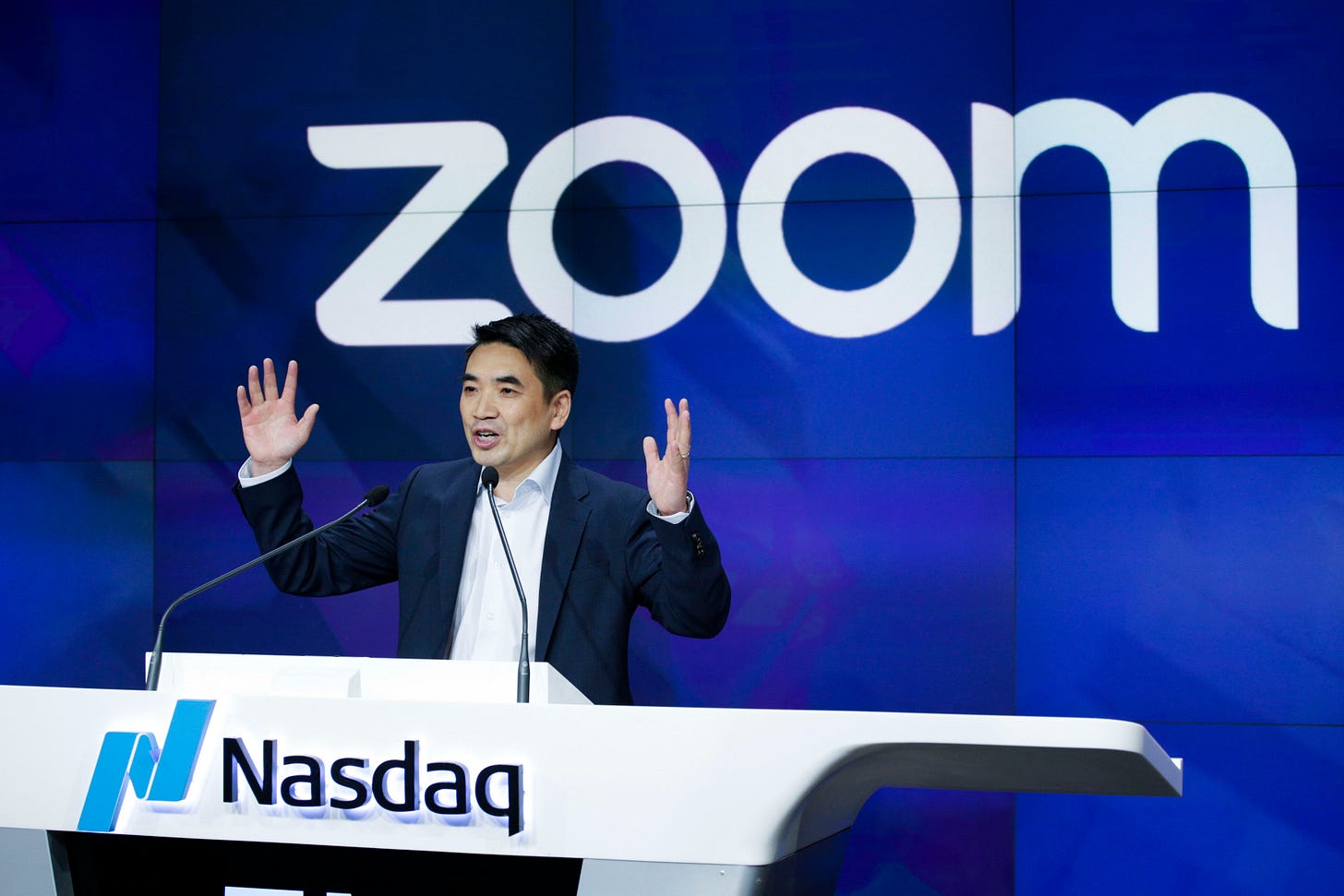Welcome to East West Hurricane! 🌪
We update you on the most essential news from Asia in tech, media, and business—the things you need to know that you probably haven’t heard in Western media.
Follow us on Twitter and Instagram! ⚡️
If you are Filipino or have any familiarity with the Philippines, you will probably know Jollibee. Jollibee is a Filipino fast food chain and one of the most successful companies ever produced by the Philippines. The 42-year-old Jollibee Foods Corporation controls 56% of the Philippines’ fast food market and also owns other brands like Smashburger and The Coffee Bean and Tea Leaf. Jollibee operates around 6,000 stores globally, half of which are in the Philippines and the rest are spread across Southeast Asia, North America and the Middle East.

Unfortunately, Jollibee has reported a net loss of $240 Million over H1 2020 and saw a decrease in market cap of $2.2 Billion dollars. During the recent lockdowns, Jollibee had to shut down half of their total stores worldwide. While many have reopened at this point, recovery still seems distant as the Philippines has just surpassed Indonesia as the Southeast Asian country worst hit by Covid. The company still maintains optimistic goals of getting back into profitability in 2021 and achieving a growth rate of 15% in 2022.
Chinese Banks Testing Digital Yuan 🏦
The Chinese government has talked about the idea of testing a digital yuan currency for a while. Earlier this year, China’s central bank announced pilot programs with a specific group of banks in select cities around the country. This new Digital Currency/Electronic Payments (DCEP) project has begun and these whitelisted banks have already started using the digital yuan to transfer money and pay for services.

Customers of these approved banks have to download digital wallets and see if they have been approved to try out the new digital currency. There are still many details to be determined but the Chinese government announced their intention to host a widespread test during the 2022 Beijing Winter Olympics.
Zoom Restricts Sales in China 🤳
Given all the controversy between the US and China, the video-chat technology company Zoom has made the decision to suspend direct sales in China. At the end of August, Zoom will stop services, sales, and updates for users with a billing address in Mainland China. Previously, Zoom operated in China through direct sales, online subscription, and partner sales. Mainland Chinese users can still join Zoom calls as participants but users can now only buy Zoom products through authorised local Chinese partners. The company has said in a recent statement that these localised partners should be able to provide better localised services.

Zoom was founded by Chinese-born Eric Yuan, but was built and is currently headquartered in the US. The company was temporarily blocked in China last year and earlier this year, Zoom admitted that some calls had been “mistakenly” routed through Chinese data centers, leading some people to believe Zoom was sharing user data with the Chinese government. Given this track record, it’s likely that Zoom has preemptively made these recent announcements to calm some fears from their users and the US government.















Share this post